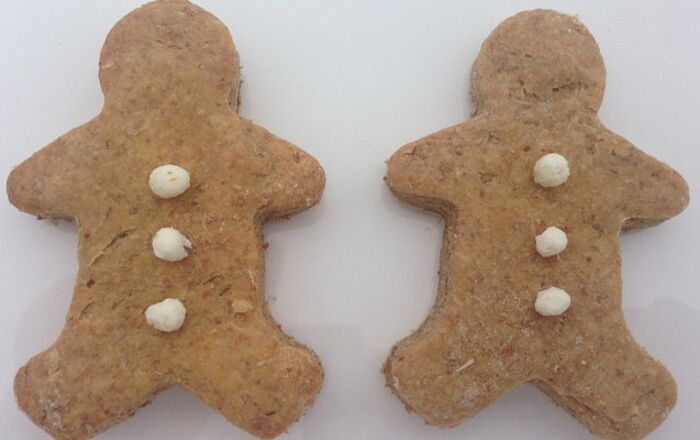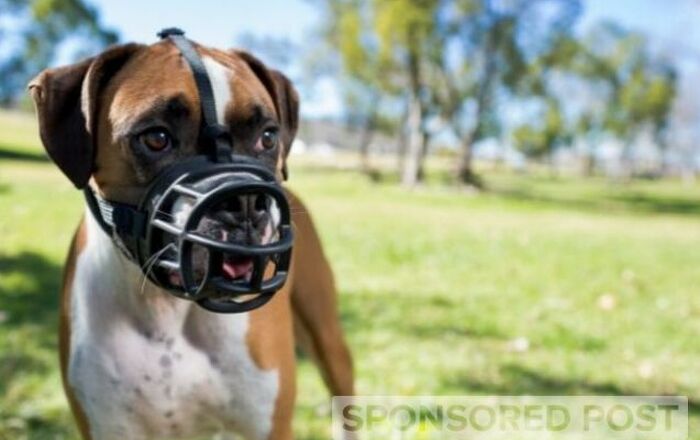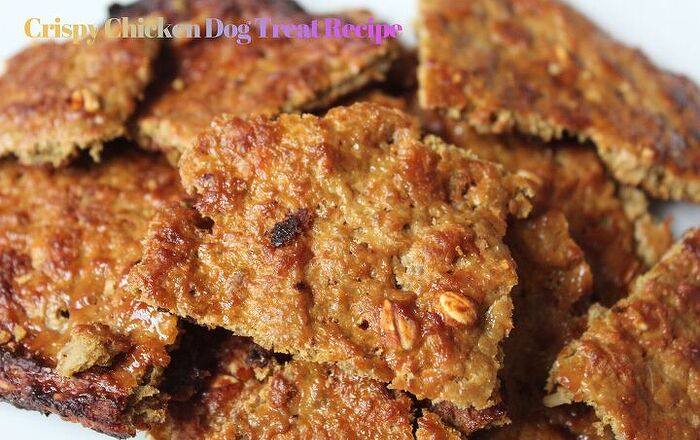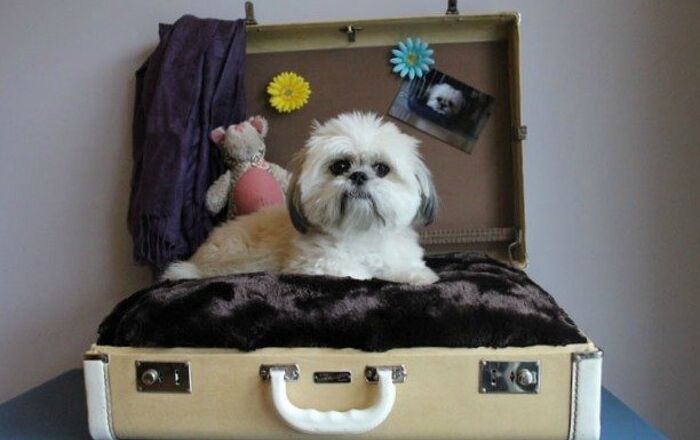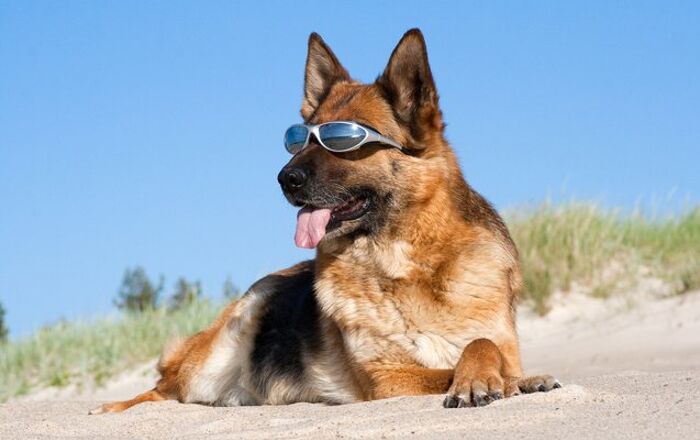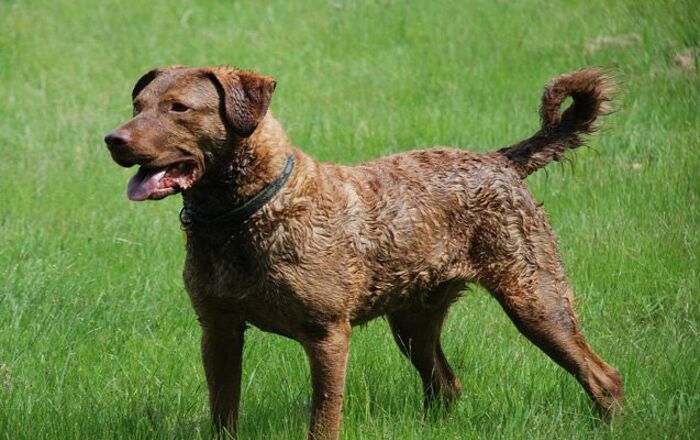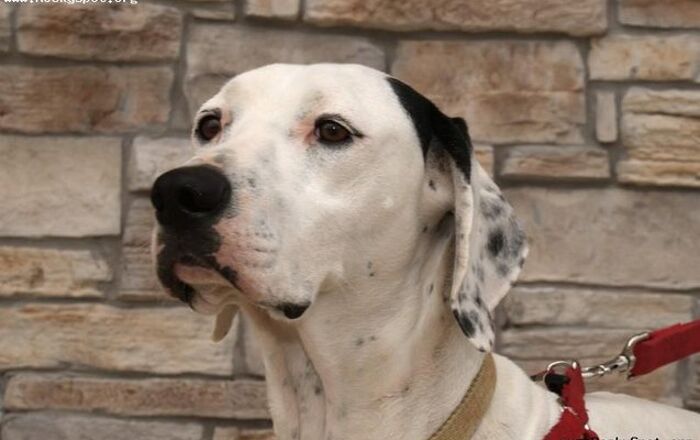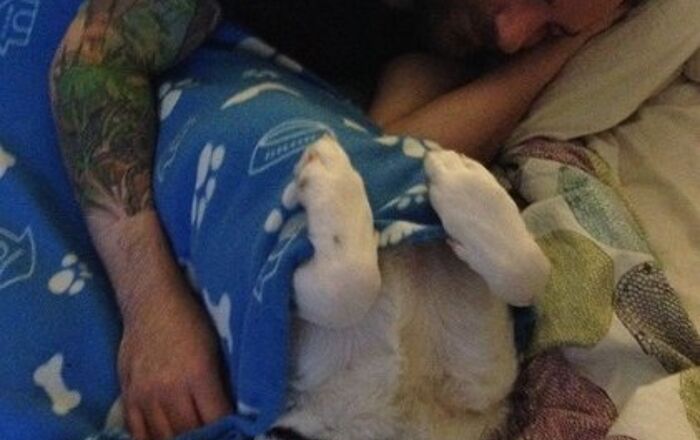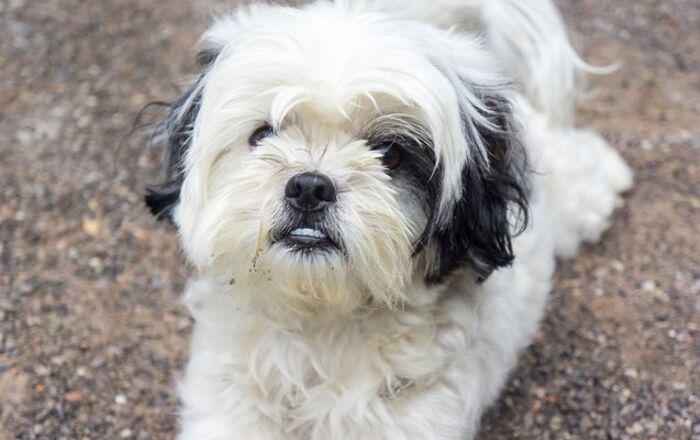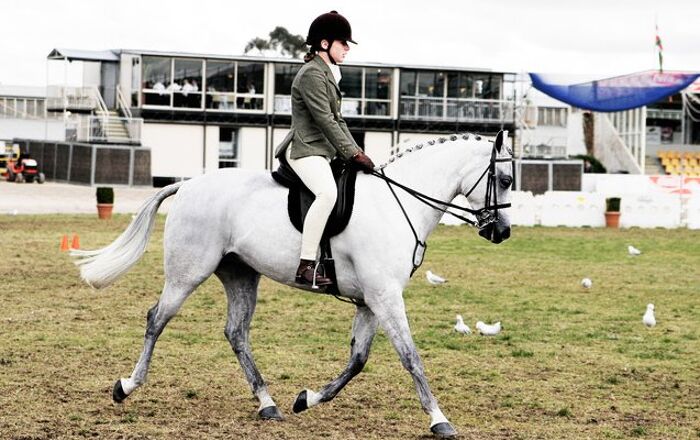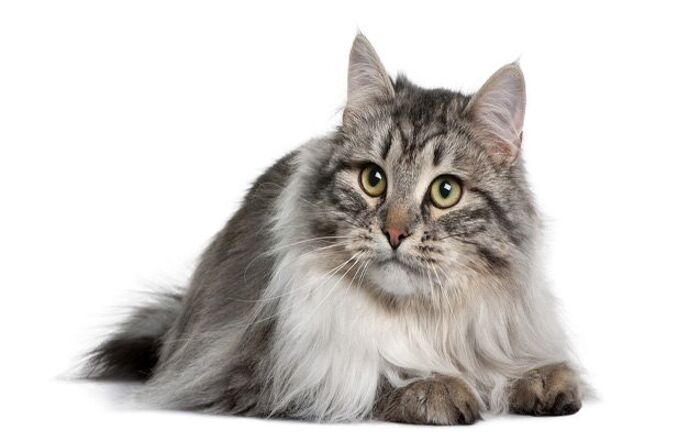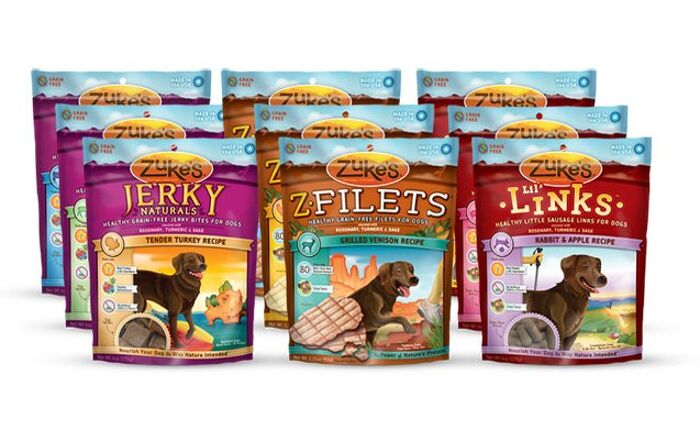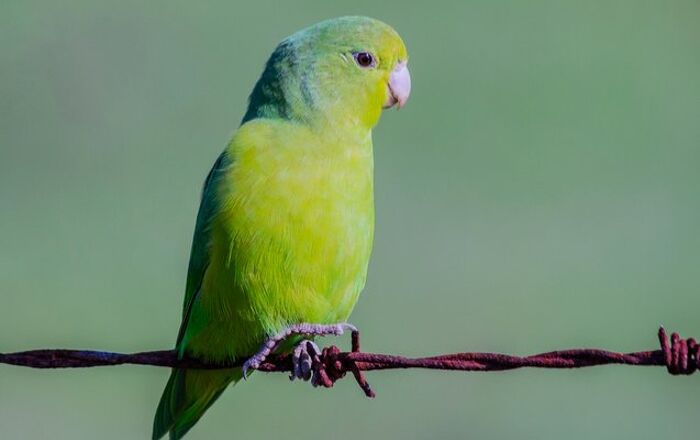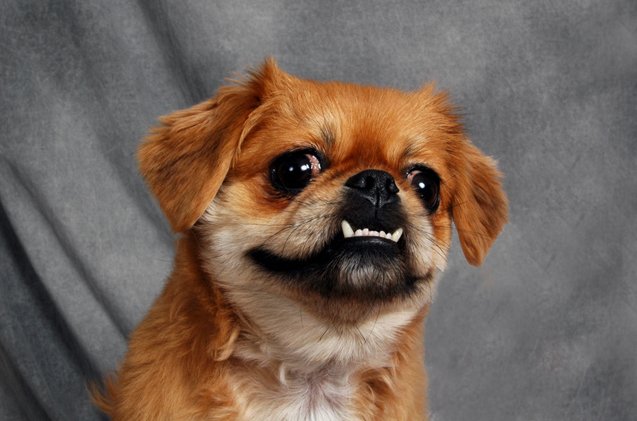
Pug Tzu Basics
With his larger than life personality, the lively little Pug Tzu brings together the confident character of the Shih Tzu and the good-natured personality of the Pug for a sweet-natured family pet. His curious disposition and often headstrong approach to life makes him a fun companion who gets along well with kids, pets and other dogs.
The small in stature Pug Tzu has a great big personality thanks to the confident Shih Tzu and the animated Pug.
Origin
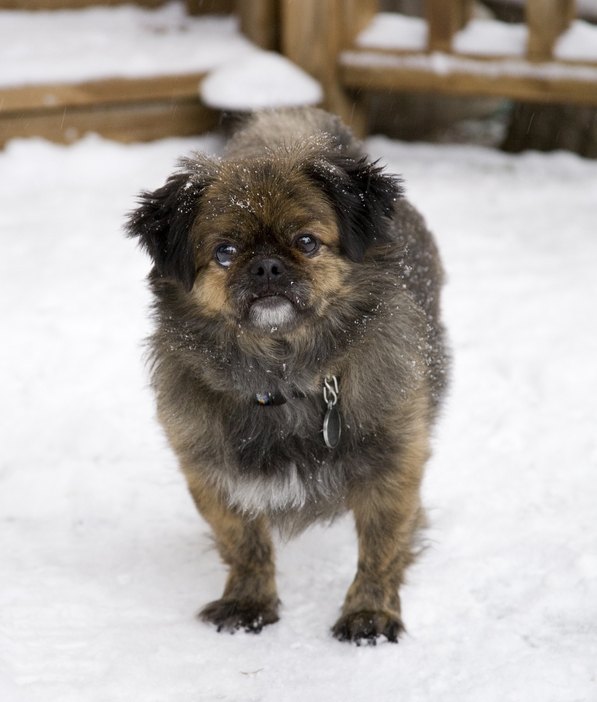
The Pug Tzu is the offspring of two ancient breeds: Shih Tzus can be traced to Tibet in the 800’s while the Pug dates back to 200 BC China. In spite of this impressive lineage, the Pug Tzu himself likely dates back to the 1980s when breeders first began crossing pure-bred dogs to produce pups free from many of the health issues of their pure-bred parents. These pups were often also bred to carry desirable traits such as gentler personalities, smaller sizes and hypo-allergenic qualities.
Pedigree
Because the Pug Tzu comes from 2 different pure-bred dogs he doesn’t qualify to join the American Kennel Club (AKC) roster of pure-bred dogs. However, both of his parents are members in good standing; the Pug became a member of AKC’s “toy” group way back in 1885 while the Shih Tzu joined the same group in 1969.
Food/Diet
The Pug Tzu is a small dog that will need a nutrient-rich kibble that meets his age, size and activity level needs. As this pooch can be prone to becoming obese and may inherit joint issues later in life, it’s important to keep him at an ideal weight. Plan to feed him 2 to 3 small meals versus free-feeding and opt for a kibble that is low in fillers / carbs that may cause him to overeat to feel full.
Full of personality, the Pug Tzu makes a great family dog.
Training
The Pug Zu loves his food so don’t hesitate to offer up rewards that include favorite treats to get results. This little guy has a wonderful, keen-to-please personality that will make training easier, but not necessarily quick. Taking a patient, consistent approach with lots of praise and the aforementioned treats, will net the results you’re seeking.
Weight
Once grown, the Pug Tzu’s weight can range between 10 to 20 pounds dependent on which breed he takes after.
Temperament/Behavior
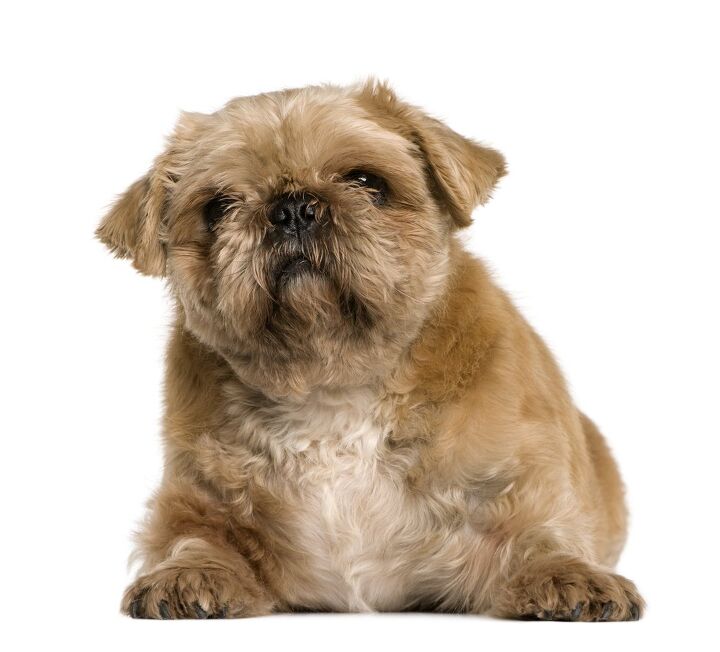
Full of personality, the Pug Tzu makes a great family dog who loves to play and can even become a bit rambunctious when kids get involved. This pooch thrives on human interaction, lives to be the center of attention and enjoys lots of cuddles. For that reason, he doesn’t do well when left on his own for long periods of time. He is certainly curious and often headstrong, but his friendly personality means he gets along with everyone including strangers… so not great watchdog material.
Common Health Problems
The Pug Tzu is generally a healthy pooch however it’s always important to know what your new pup could potentially inherit from his parent breeds. With the Pug Tzu that can include joint issues such as patellar luxation and hip dysplasia as well as epilepsy and eye problems.
Life Expectancy
The Pug Tzu has a life expectancy of between 9 and 14 years.
Exercise Requirements
Pug Zu’s are active little dogs who will need a good daily walk in the 30-minute range to keep him physically fit and mentally healthy. Indoor playtime is always welcome and because he is a social little boy, consider visits to the dog park so he can burn off some steam and interact with other pooches.
The Pug Zu thrives on human attention and loves to be the center of attention.
Recognized Clubs
Also known as the Pug Tzu, Pug-Zu and Pugzu, the Pug Tzu doesn’t qualify to be a member of the America Kennel Club however he is recognized by Designer Breed Registry (DBR), American Canine Hybrid Club (ACHC), Designer Dogs Kennel Club (DDKC), Dog Registry of America, Inc. (DRA) and the International Designer Canine Registry (IDCR).
Coat
The Pug Zu is a low- to moderate-shedding dog that will require daily brushing to keep his longer coat looking its best and free of tangles and matts. Periodic visits to a professional groomer will be required to help maintain the shape of his coat with bathing only as needed in order to prevent his fur and skin from becoming dry. Floppy eared dogs require weekly inspection and cleaning to avoid infection and because smaller dogs are particularly prone to dental issues, teeth should be brushed 1 to 2 times per week.
Puppies
Pug Tzu pups are adorable little guys who are instantly social and love to play however care should be taken to protect tiny joints when being handled to prevent issues later in life. This pup can grow into a stubborn dog so take the time to begin obedience training and establishment of a pack leader early on.
Photo credit: Rhonda ODonnell/Shutterstock; Eric Isselee/Shutterstock; Margot Petrowski/Shutterstock


